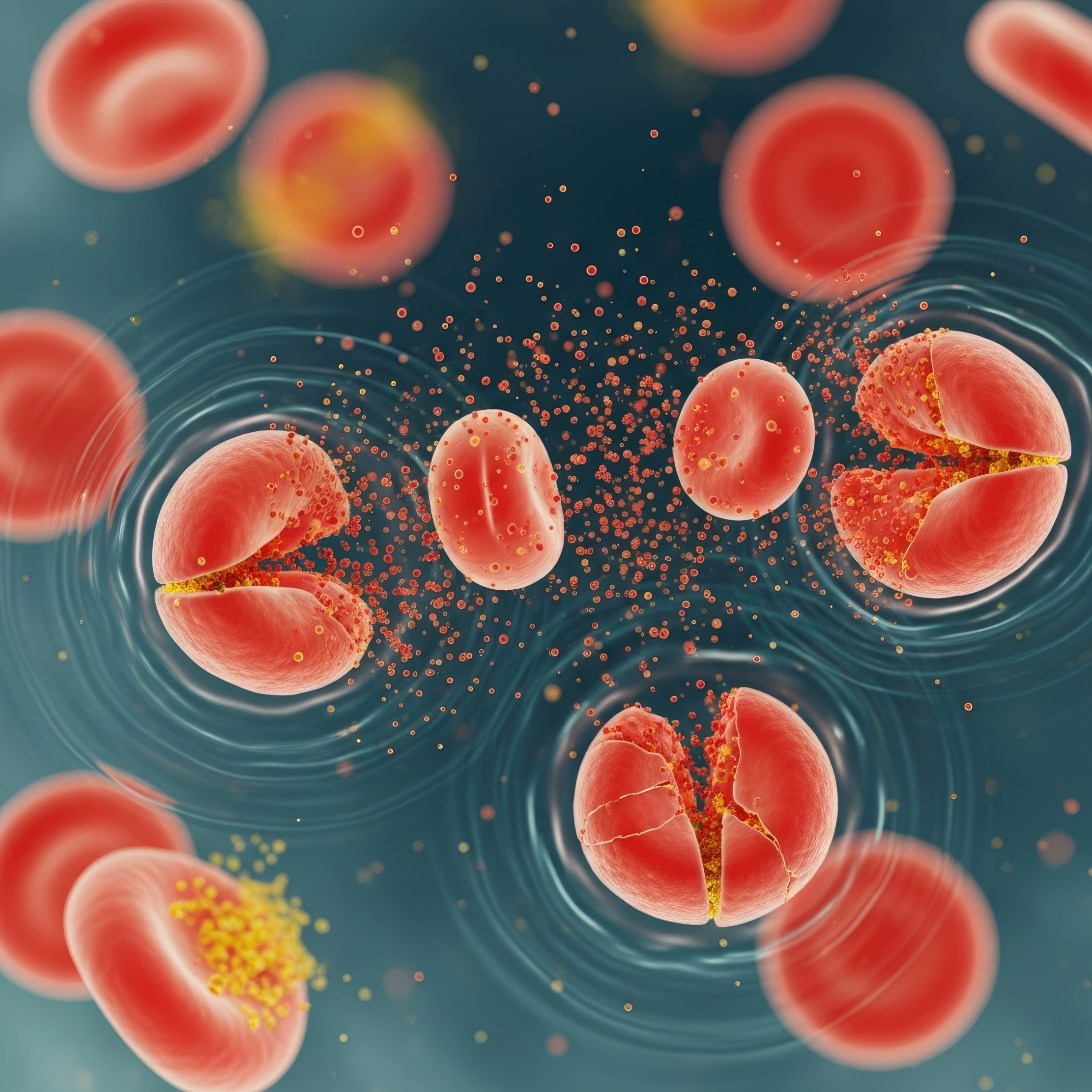Dr Gabrielle Gold-von Simson | The Biomedical Entrepreneurship Skills Development Program (BEEP): Educating a New Generation of Medical Innovators
Original Article Reference
This SciPod is a summary of https://doi.org/10.33548/SCIENTIA815
About this episode
Innovative, new technologies are rapidly being introduced into the medical world, as scientists and inventors continually discover solutions to all kinds of health issues. However, comprehensive education in medical product development, business process and strategy is distinctly lacking for science students who aspire to become commercial medical innovators and entrepreneurs. Entrepreneurially minded professionals at the New York University Grossman School of Medicine developed, implemented, and integrated programs to train early scientists in the business side of science to accelerate the pace of commercialisation and encourage individuals to pursue venture creation and entrepreneurship to impact highly relevant healthcare solutions.
This work is licensed under a Creative Commons Attribution 4.0 International License. 
What does this mean?
Share: You can copy and redistribute the material in any medium or format
Adapt: You can change, and build upon the material for any purpose, even commercially.
Credit: You must give appropriate credit, provide a link to the license, and indicate if changes were made.
More episodes
Dr. Jürgen Gailer | Linking the Blood Chemistry of Metals with Adverse Human Health: New Tools Reveal an Invisible World
Researchers Maryam Doroudian and Jürgen Gailer from the University of Calgary explore what happens when red blood cells rupture and release a zinc-containing enzyme called carbonic anhydrase 1 into the bloodstream, revealing that it remains unexpectedly free and may influence vascular health. Their work also connects to broader research showing how liquid chromatography is transforming our ability to study toxic cadmium and mercury as they move through the body. Together, these studies uncover hidden biochemical processes that shape how environmental pollutants and blood-cell damage affect human health.
Easing the Hardest Moment: How Brain Stimulation Is Transforming Care for People with Opioid Use Disorder
In the world of opioid addiction treatment, the hardest moment often arrives precisely when hope begins to emerge. It is the moment someone chooses to stop using opioids. That decision, courageous and life-changing, almost immediately collides with one of the most punishing physiologic syndromes known in medicine: opioid withdrawal. Withdrawal brings waves of nausea, sweats, shaking, cramps, insomnia, anxiety, and extremely intense cravings. For countless individuals, this moment is a seemingly inescapable stumbling block that can be the undoing of their recovery. They want to stop, they mean to stop, but withdrawal can become an insurmountable barrier.
Dr. Rasha Bayoumi | Decolonizing Global Collaboration: Building Equitable Science Diplomacy
Science diplomacy, meaning the use of scientific collaboration to strengthen international relations and address shared global challenges, has long been hailed as a force for good. Yet, as Dr. Rasha Bayoumi of the University of Birmingham Dubai and her colleagues argue in their Editorial for a special issue in the journal Frontiers in Public Health, this optimism often masks uncomfortable realities. The practice of science diplomacy has too often reproduced the very inequalities it aims to dismantle, operating within frameworks that privilege powerful nations and institutions while marginalizing voices from the Global South.
Lighting the Path: How the GlioLighT Consortium Is Exploring New Ways to Treat Brain Tumours
Across the world, scientists are still trying to answer one of medicine’s most difficult questions: how can we safely and effectively treat brain cancers such as glioma? Despite decades of effort, outcomes for people diagnosed with high-grade glioma remain bleak. Current treatments, including surgery, radiotherapy, and chemotherapy, can slow the disease, but rarely stop it. The GlioLighT consortium, a multidisciplinary European research team funded by the European Innovation Council, has come together to explore a novel approach based on direct light therapy. Being in a very early stage, the project doesn’t promise an immediate cure; instead, it sets out to answer a very fundamental question: can light itself trigger biological processes that might form the basis of a safe and targeted brain tumor therapy?
Increase the impact of your research
• Good science communication helps people make informed decisions and motivates them to take appropriate and affirmative action.
• Good science communication encourages everyday people to be scientifically literate so that they can analyse the integrity and legitimacy of information.
• Good science communication encourages people into STEM-related fields of study and employment.
• Good public science communication fosters a community around research that includes both members of the public, policymakers and scientists.
• In a recent survey, 75% of people suggested they would prefer to listen to an interesting story than read it.

Step 1 Upload your science paper
Step 2 SciPod script written
Step 3 Voice audio recorded
Step 4 SciPod published




